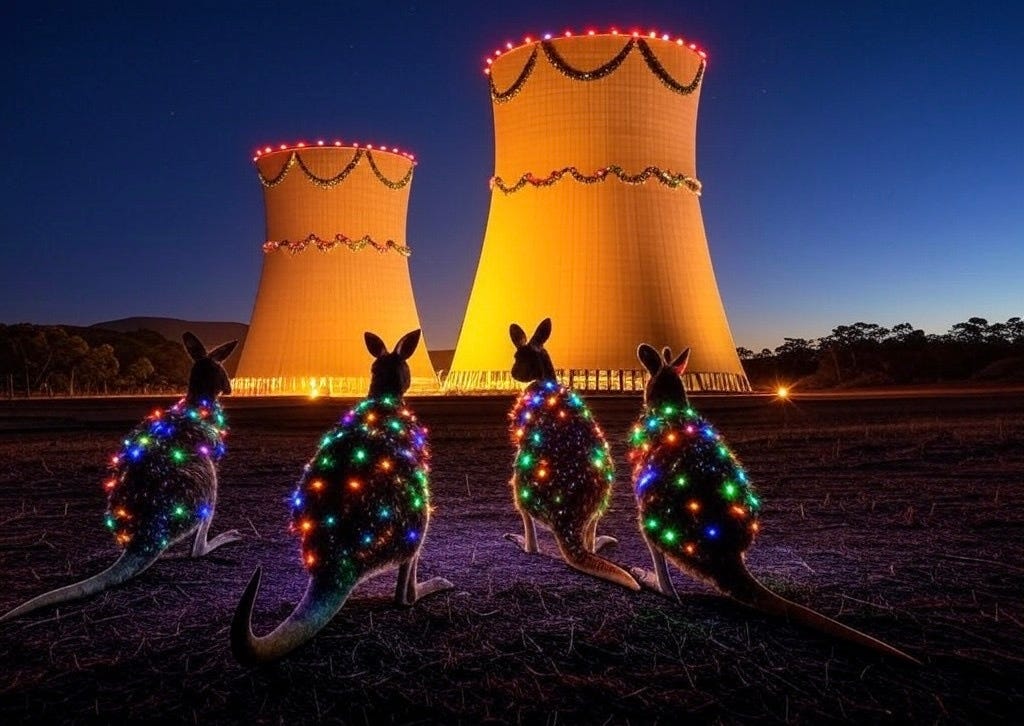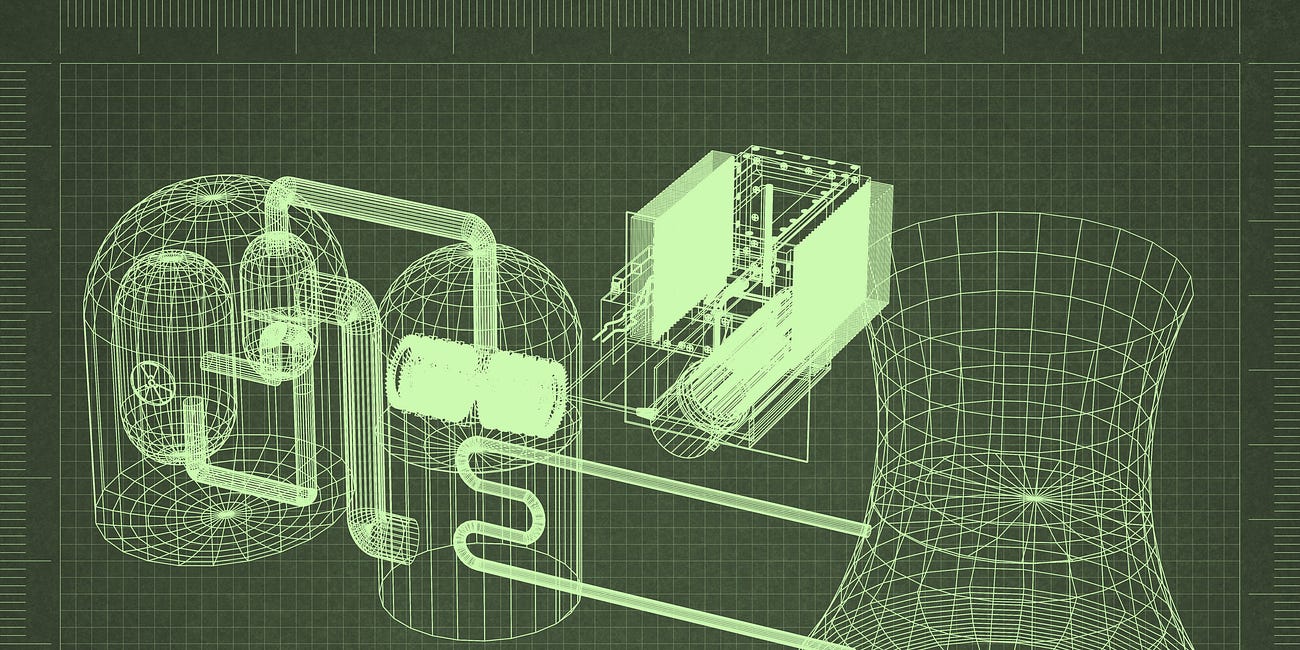
This is a quick message to say thank you to everyone who subscribed and supported Tempests and Terawatts over the last year and to wish you all a very happy holiday period.
The number of subscribers to Tempests and Terawatts almost tripled over the course of the year and it is highly encouraging that so many people are seeking out commentary and analysis of Australia’s response to the climate crisis, the energy transition and developments in the rapidly evolving field of climate litigation.
I would love to know what topics in particular you would like to see featured in Tempests and Terawatts in 2025 - Critiques of election policy platforms? More energy data breakdowns? Scrutiny of corporate climate engagement? Let me know in the comments.
To that point, the most read post of 2024 was this breakdown of 11 fatal flaws of the concept of nuclear power in Australia - a post that remains entirely relevant as we head into 2025 and towards a federal election that will yet again feature a tortured relitigation of Australia’s climate and energy policies.
The support is super affirming and will serve as encouragement as I endeavour write and publish with more regularity, and delivering a broader range of analysis from a range of additional voices. 2025 will be another important year for breaking through the spin and puffery that comes from both governments and corporates on climate. It is a privilege to have a platform that plays a small part in that.
Wishing you all safe and happy holidays, and a big thank you to those who keep on working.
- Michael






Hi Michael, it was good to recently find you on Tempests and Terawatts, having read your work elsewhere from time to time.
I would like to suggest you look at the language used in climate discussions. My hypothesis is that for many unengaged people language such as “reducing emissions”, “decarbonising”, “the energy transition”, and “fossil fuels” conceals the reality that we need to stop using virtually all the fuels in common use such as petrol, diesel, jet fuel, natural gas, as quickly as possible. Such lack of clarity allows people to tell pollsters that they want to see more action on climate change and then go on to buy new cars, trucks, boats, gas appliances, etc in the expectation of continuing to burn the fuels need to operate them for the usual life of their new machines. I have found some polling evidence for my hypothesis.